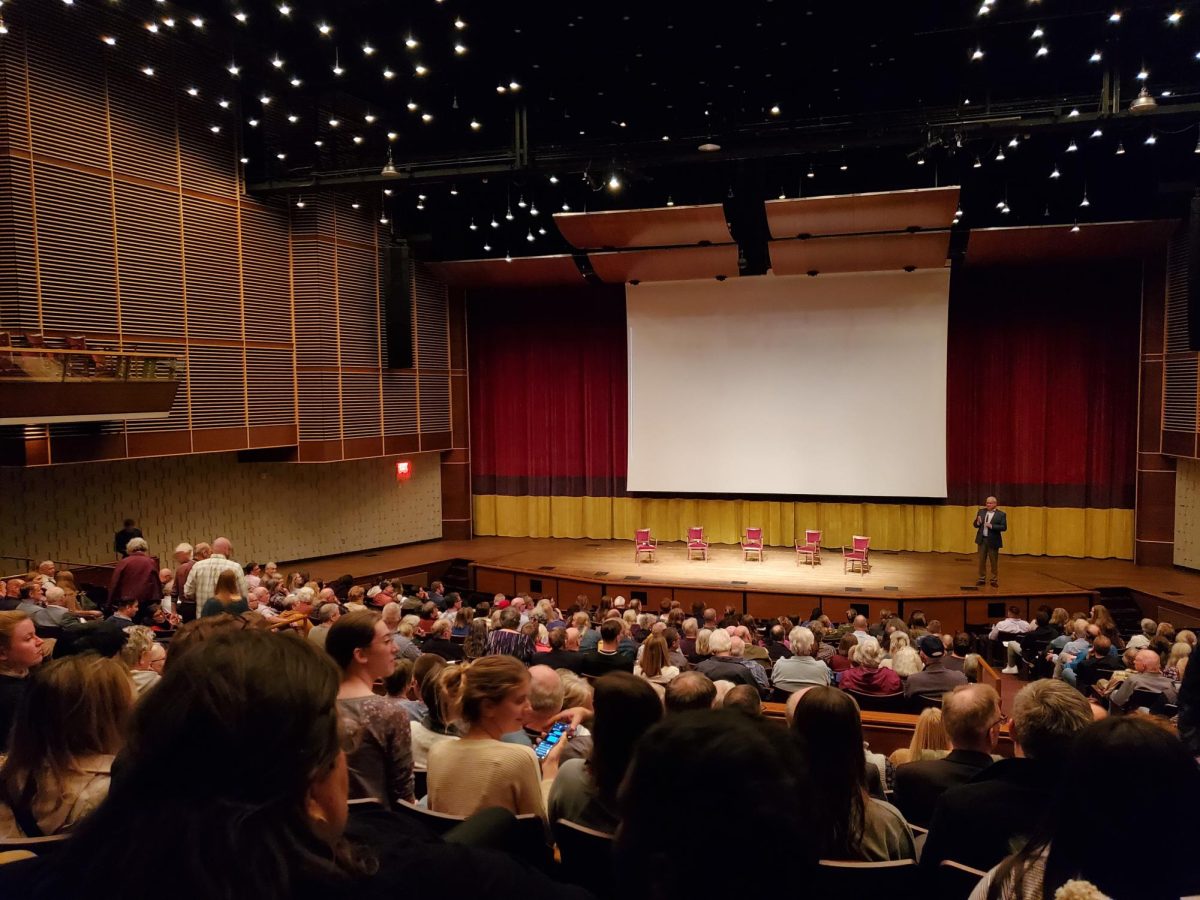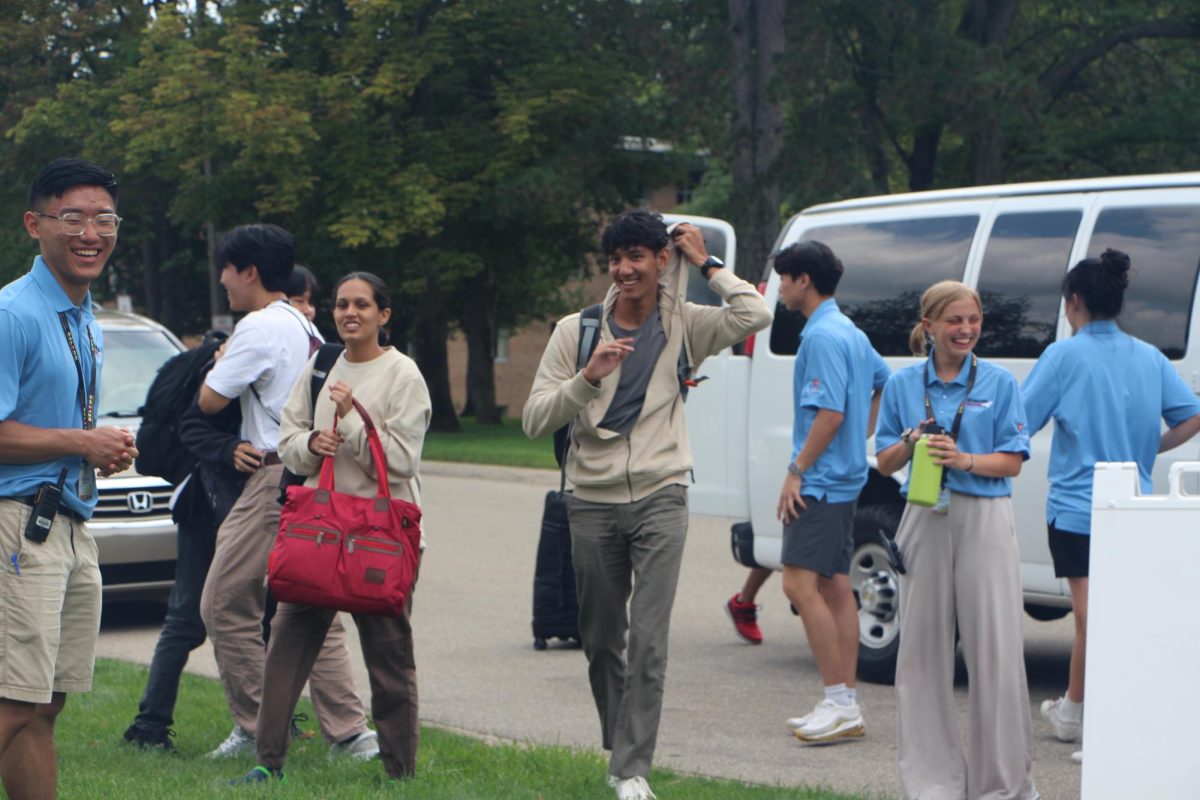Slavery ended over a century ago. Civil rights movements succeeded decades ago. Racism is dead. Isn’t it?
This misconception is exactly what UnLearn Week’s first event, “Enough Already”, tackled. It boasted a panel of six Calvin student, faculty and staff members, all with unique perspectives. As a senior Calvin student who has participated in three UnLearn weeks (I was gone one fall), I feel I must add my voice to the mix.
One of the speakers talked about how he’s a white, middle-class man. He doesn’t ever have to worry about race, or if his children will attend a school with people that look like them, or if his job prospects will be dictated by the color of his skin. For much of his young adult life, racism was dead to him.
White middle-class Americans, particularly those that live in the suburbs, are rarely confronted with the ripples of racism still present in American institutions and social psychology. They don’t think about how there are far more black and Hispanic men in jail than white men or about how African-Americans are five times more likely to be pulled over by the police for no reason, except that they are black, because white middle-class Americans never experience it themselves. Structures, such as house zoning, began in the 1940s and 1950s and placed African Americans, Hispanics and other North American minorities in areas that received less federal funding, which led to poorer education and lower standards of living. Today, those standards not only severely restrict job prospects, but are grounds for continuing to limit funding to poor, and primarily minority, neighborhoods.
But I’m not racist, you say. Racism doesn’t affect me, so why should I care? The fact that the topic doesn’t affect people is exactly why we have to keep talking about it. When people don’t talk about societal problems, they only get worse. The festering sores of injustice and inequality only multiply beneath the surface, unhindered and unchallenged until everyone is infected. Apathy does nothing. Ignorance is never an acceptable option.
I’m a white, nearly-middle-class woman. I don’t have to think about race; I choose to think about race. I choose to promote forums of discussion and raise awareness in the hopes that awareness leads to understanding, understanding to action and action to change, so that race becomes something that is not disdained or ignored, but something to be celebrated.









